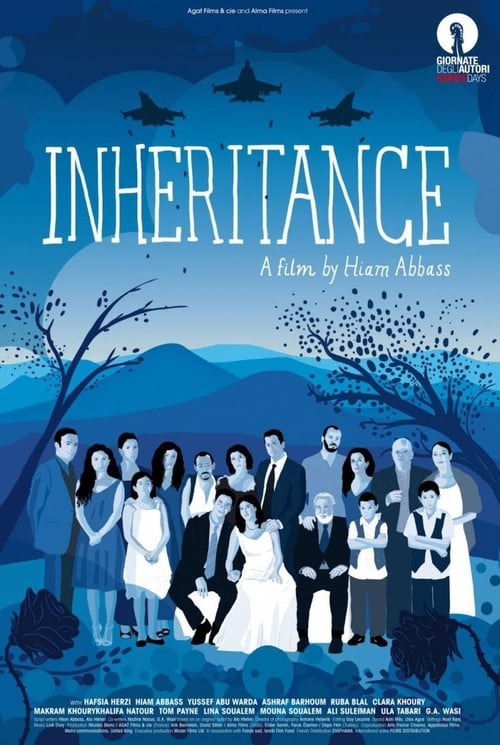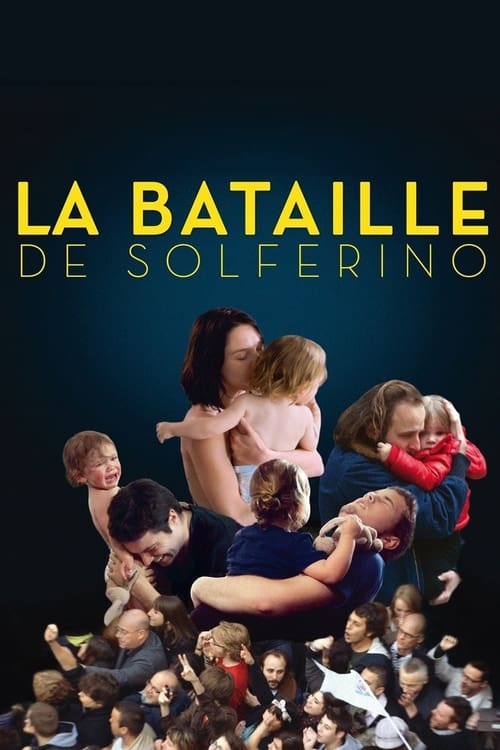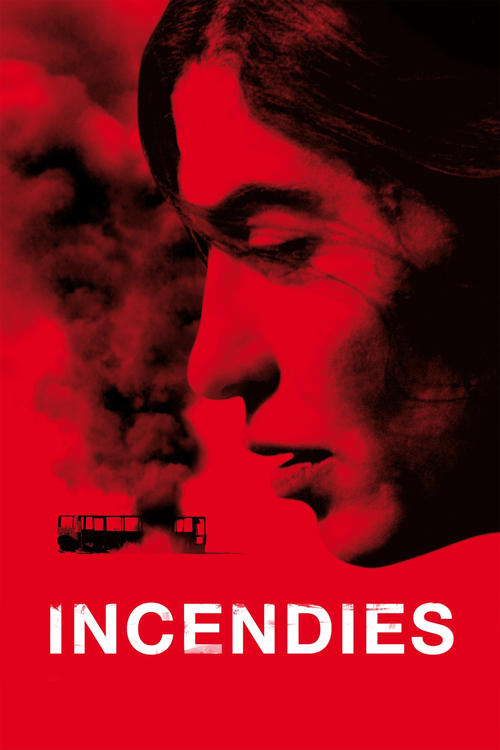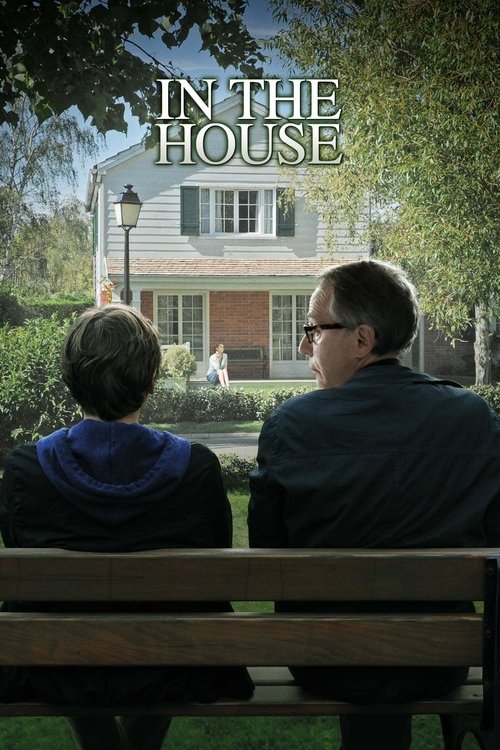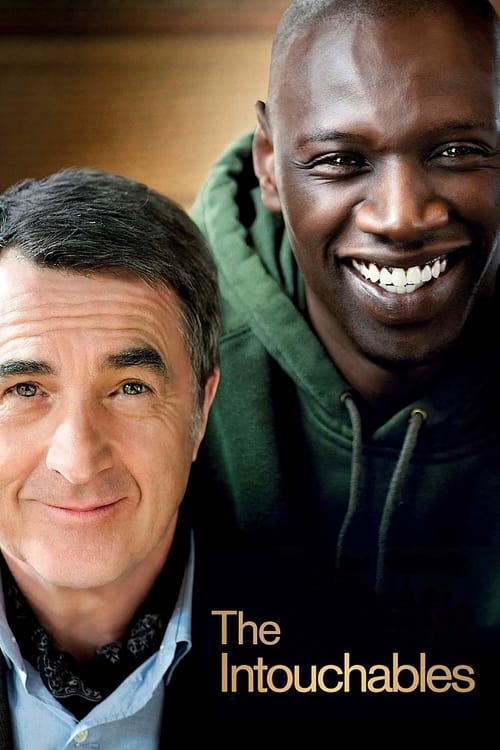
Ask Your Own Question
What is the plot?
As the sun rises over the small Muslim village in Galilee, a sense of anticipation fills the air. The Palestinian family is gathering to celebrate the wedding of one of their daughters, amidst the backdrop of war between Israel and Lebanon. The sound of warplanes echoes in the distance, a constant reminder of the turmoil that surrounds them. The family's home, filled with the aroma of traditional dishes, is bustling with activity as relatives and friends prepare for the celebration.
Hajar, the youngest daughter, returns from her studies abroad, bringing with her a sense of modernity and independence that contrasts sharply with the traditional values of her family. She is involved in a forbidden love affair with Matthew, a Christian man, a secret she keeps hidden from her family. As she moves through the crowded rooms, her eyes meet those of her family members, each carrying their own secrets and struggles.
Samira, a strong-willed family member, is busy overseeing the preparations, ensuring that every detail is perfect for the wedding. Her determination and resilience are evident as she navigates the complex web of family dynamics. Meanwhile, Abu Majd, the patriarch of the family, sits in his favorite chair, watching over the proceedings with a sense of pride and concern. His health has been declining, and the family is aware that his time is limited.
As the wedding ceremony begins, the family gathers around, their faces filled with joy and tension. Just as the celebration is reaching its peak, Abu Majd falls into a coma, plunging the family into a state of panic. The news spreads quickly, and the family rushes to his side, their faces etched with worry and fear.
The hospital becomes a focal point as the family waits anxiously for news about Abu Majd's condition. The sterile environment of the hospital contrasts sharply with the vibrant colors and sounds of the village, highlighting the stark reality of their situation. Hajar, torn between her love for Matthew and her duty to her family, finds herself at the center of a maelstrom of emotions. She confides in her father before he falls into a coma, telling him about Matthew and her feelings. Abu Majd, though weak, offers words of encouragement, urging her to follow her heart.
As Abu Majd's condition worsens, internal conflicts within the family begin to surface. The revelation of Hajar's relationship with Matthew sparks intense debate and tension. Some family members, like Ahmad and Saada, are outraged by her choice, seeing it as a betrayal of their traditions. Others, such as Samira, are more understanding, recognizing the complexity of Hajar's situation.
The family's dynamics become increasingly strained as secrets and lies are exposed. Salma and Majd, who have been at odds for years, find themselves confronting each other over past grievances. Marwan, who has always felt overshadowed by his siblings, expresses his resentment towards the family's expectations. Zeinab, the quiet and observant one, reveals her own struggles with identity and belonging.
As the family navigates these internal conflicts, the external war rages on. Warplanes fly overhead, their roar a constant reminder of the conflict that surrounds them. The village, once a symbol of peace and community, is now a testament to resilience in the face of adversity.
In the climax of the film, the family's internal conflicts reach a boiling point. Hajar's relationship with Matthew is publicly acknowledged, leading to a heated confrontation between Hajar and her family members. The argument is intense, with both sides expressing their feelings and fears. Hajar stands firm, asserting her right to choose her own path, while her family members struggle to accept her decision.
As the confrontation subsides, the family receives news that Abu Majd's condition has taken a turn for the worse. They rush to the hospital, their faces filled with a mix of sadness and resignation. In his final moments, Abu Majd is surrounded by his loved ones, each of whom is grappling with their own emotions and regrets.
Abu Majd passes away, leaving the family to mourn and reflect on their relationships and the choices they have made. The funeral is a somber affair, with the family coming together to honor their patriarch. The ceremony is a poignant reminder of the importance of family and tradition, even as they face the challenges of modernity and change.
In the final scenes of the film, the family is seen returning to their village, the sound of warplanes still echoing in the distance. The war between Israel and Lebanon continues, a stark reminder of the external conflicts that mirror the internal struggles of the family. Hajar, now more determined than ever, decides to follow her heart and be with Matthew, symbolizing a step towards embracing modernity and change.
As the family disperses, each member is left to ponder their place within the family and the community. The film concludes with a shot of the village, the sun setting behind the hills, a symbol of hope and resilience in the face of adversity. The final image is of Hajar and Matthew walking together, hand in hand, as the sound of warplanes fades into the distance, leaving the audience with a sense of the ongoing struggle between tradition and modernity, and the power of love and identity amidst conflict.
What is the ending?
In the ending of "Inheritance," the story culminates in a tense confrontation between the main characters, revealing deep-seated secrets and the consequences of their actions. The film concludes with a tragic resolution that leaves the characters grappling with their choices and the weight of their past.
As the final act unfolds, we find the protagonist, a young woman named "Evelyn," who has been on a quest to uncover the truth about her family's dark legacy. She confronts her father, who has been hiding a significant secret regarding their family's wealth and the moral implications tied to it. The tension escalates as Evelyn learns about the sacrifices made by her family and the impact of their decisions on others.
In a climactic moment, Evelyn faces a moral dilemma that forces her to choose between her family's legacy and her own values. The confrontation leads to a tragic outcome, where the consequences of their actions come to a head, leaving Evelyn and her father to reckon with the fallout of their choices.
As the film closes, Evelyn is left to navigate the aftermath of the revelations, carrying the burden of her family's history while seeking a path forward. The ending emphasizes the themes of inheritance, both in terms of wealth and the moral responsibilities that come with it.
In the final scenes of "Inheritance," the atmosphere is thick with tension as Evelyn stands in her family's grand estate, the opulence of her surroundings starkly contrasting with the turmoil brewing within her. The camera captures her conflicted expression, a mix of determination and fear, as she prepares to confront her father, a man who has always been a figure of authority and control in her life.
The scene shifts to the dimly lit study where her father, a stern and imposing figure, sits behind a large mahogany desk. The shadows play across his face, highlighting the lines of age and the weight of secrets he carries. Evelyn enters, her heart racing, and the air is charged with unspoken words. She demands answers about the family's wealth and the dark history that has been kept from her. Her voice trembles with a mix of anger and desperation, revealing her internal struggle as she grapples with the truth she has uncovered.
As the conversation unfolds, her father reveals the extent of his actions, the sacrifices he made, and the moral compromises that have defined their family's legacy. He speaks of the choices he made to protect her, but Evelyn, fueled by a newfound sense of agency, challenges his justifications. The emotional stakes rise as she confronts him about the lives affected by their wealth, the people who suffered due to the decisions made in the name of family honor.
In a pivotal moment, Evelyn's father attempts to manipulate her emotions, invoking familial loyalty and the burden of their inheritance. But Evelyn, now resolute, stands her ground. The camera captures her transformation from a passive daughter to a woman asserting her independence, her eyes reflecting a fierce determination to break free from the chains of her family's past.
The confrontation escalates, and in a moment of heated exchange, the truth becomes too much for her father to bear. In a tragic turn, he makes a desperate choice that leads to a catastrophic outcome. The scene is visceral, the sound of a struggle echoing in the room, and the camera lingers on Evelyn's horrified expression as she realizes the depth of her father's despair and the irreversible consequences of their confrontation.
As the dust settles, Evelyn is left standing amidst the chaos, her heart heavy with grief and betrayal. The once grand estate now feels like a prison, a symbol of the legacy she must now confront alone. The final shots of the film show her walking away from the estate, the weight of her family's history pressing down on her shoulders. She is determined to forge her own path, but the scars of her inheritance will linger.
In the closing moments, the film leaves viewers with a haunting image of Evelyn, a young woman caught between the past and her future, embodying the struggle of reconciling one's identity with the burdens of family legacy. The fate of her father remains ambiguous, a reflection of the unresolved conflicts that define their relationship. Evelyn's journey is just beginning, and the film ends on a note of uncertainty, emphasizing the complexities of inheritance--both material and moral.
Is there a post-credit scene?
The movie "Inheritance," produced in 2012, does not have a post-credit scene. The film concludes its narrative without any additional scenes or content after the credits roll. The story wraps up with the resolution of the main plot, focusing on the emotional and psychological aftermath of the characters' experiences throughout the film.
What is the significance of the character's inheritance in the story?
The inheritance in the film serves as a catalyst for the unfolding drama, revealing deep-seated family secrets and the moral dilemmas faced by the characters. It symbolizes not just wealth, but the burdens and responsibilities that come with it.
How does the character of the father influence the protagonist's decisions?
The father, a powerful and controlling figure, instills a sense of obligation and fear in the protagonist. His expectations and the weight of his legacy drive the protagonist to make choices that reflect a struggle between personal desire and familial duty.
What role does the character of the mother play in the protagonist's life?
The mother represents a contrasting force to the father, embodying compassion and understanding. Her influence is felt in the protagonist's emotional struggles, as she often serves as a moral compass, guiding the protagonist through moments of doubt and conflict.
How does the protagonist's relationship with their sibling affect the plot?
The sibling relationship is fraught with tension and rivalry, which escalates as the inheritance issue comes to the forefront. This dynamic adds layers of complexity to the protagonist's journey, as they grapple with feelings of jealousy, loyalty, and the desire for approval.
What are the key moments that lead to the protagonist's transformation throughout the film?
Key moments include confrontations with the father that challenge the protagonist's beliefs, revelations about family secrets that reshape their understanding of loyalty, and critical decisions regarding the inheritance that force the protagonist to confront their own values and identity.
Is this family friendly?
"Inheritance," produced in 2012, is not considered family-friendly due to its mature themes and intense content. Here are some potentially objectionable or upsetting aspects that may affect children or sensitive viewers:
-
Violence and Threats: The film contains scenes of physical violence and threats that may be disturbing, including confrontations that escalate to aggression.
-
Psychological Tension: There are moments of high psychological tension that can create a sense of unease, particularly involving the characters' emotional struggles and moral dilemmas.
-
Dark Themes: The narrative explores themes of betrayal, guilt, and the consequences of past actions, which may be heavy and difficult for younger audiences to process.
-
Mature Language: The dialogue includes strong language that may not be suitable for children.
-
Emotional Distress: Characters experience significant emotional turmoil, including grief and despair, which could be upsetting for sensitive viewers.
Overall, the film's content is more appropriate for mature audiences due to its complex themes and intense emotional experiences.

